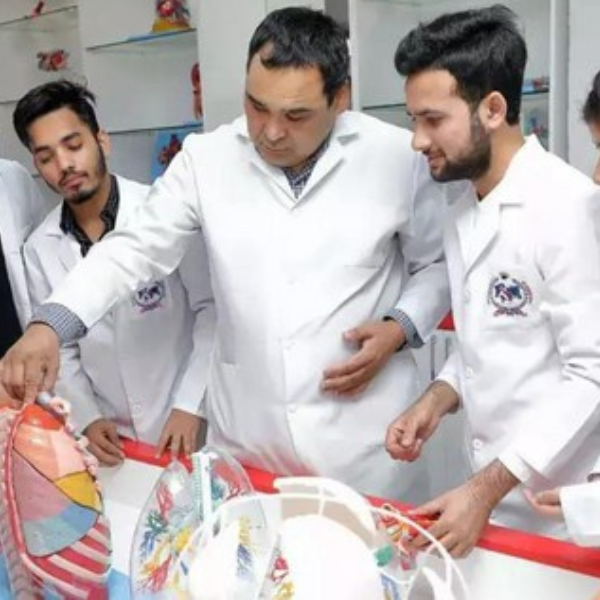Nursing is no longer just about bedside care—it’s a profession at the forefront of innovation, leadership, and global health. Across India, the landscape of nursing education is evolving to meet the demands of a modern healthcare system.
At St. Stephene’s College of Nursing, we are proud to be part of this transformation—adapting our teaching methods, infrastructure, and clinical training to shape future-ready nurses.
Here’s how nursing education is changing—and how we’re helping to lead the change.
1. From Theory-Heavy to Skill-Based Learning
Then: Traditional nursing education focused heavily on textbook theory.
Now: There’s a growing shift toward practical skill-building and real-world application.
At St. Stephene’s, students train in modern simulation labs, practice clinical procedures early in their studies, and participate in hands-on hospital postings from the very first year.
This ensures they graduate not just with knowledge—but with the confidence and competence to act.
2. Focus on Soft Skills and Patient Communication
Modern nurses aren’t just caregivers—they are communicators, counselors, and advocates for patient welfare.
We integrate communication workshops, role-playing scenarios, and cultural sensitivity training to help our students handle patients with empathy, professionalism, and clarity.
3. Integration of Technology in Nursing Education
India’s healthcare system is becoming increasingly digital, with the use of electronic health records, telemedicine, and digital diagnostics.
St. Stephene’s incorporates digital learning tools, e-resources, and technology-based simulations to prepare students for tech-enabled healthcare environments.
We also offer training in basic digital health literacy, ensuring our graduates are comfortable using modern tools in clinical settings.
4. Emphasis on Global Standards
With Indian nurses in high demand abroad, there is a national push toward aligning with international education standards.
We follow INC (Indian Nursing Council) guidelines and supplement our curriculum with best practices from WHO, ICN, and international nursing boards, preparing students for exams like the NCLEX and HAAD.
5. Expansion of Career Pathways
Today’s nursing graduates have more options than ever before:
- Hospital nursing
- Public health and community outreach
- Mental health nursing
- Nurse educators and researchers
- International migration
- Nurse practitioners and leadership roles
Our faculty provide career counseling, mock interviews, and exam preparation to help students explore a variety of professional avenues in both the public and private sectors.
6. Greater Emphasis on Mental Health and Well-Being
Nurses deal with intense emotional and physical demands. The new generation of nursing education acknowledges this.
At St. Stephene’s, we offer stress management workshops, peer support groups, and faculty mentorship to ensure our students stay healthy in mind and body—preparing them for a sustainable, long-term career in healthcare.
Conclusion: Nursing Education for the Future
As healthcare grows more complex, so must nursing education. The new generation of nurses must be technologically skilled, emotionally intelligent, globally aware, and clinically excellent.
At St. Stephene’s College of Nursing, we are proud to be part of this exciting change—developing professionals who are not only prepared for today’s healthcare challenges, but equipped to shape tomorrow’s solutions.
Join the future of nursing at St. Stephene’s.
📌 Admissions Open | 🏥 Visit Our Campus | 📞 Speak with Our Counselors Toda

